
“How could anyone think this is protecting human rights?” These are the words of ‘Nina’, a Victorian woman who was prostituted and trafficked in the sex industry. She posted them after learning of the Victorian Government’s decision to decriminalise (de-regulate) the state’s sex trade.
“No words can express how I feel that the Victorian government has chosen to ‘decriminalise’ the sex trade,” Nina wrote on her Instagram (@shesnotyourwhore).
“My own home city has made what happened to me someone else’s legal right.”
Rape, torture, assault, harassment – these are all things that may now be purchased.
The inside of a body can be merchandise.
How could anyone think this is protecting human rights? A product cannot ask for human rights. A product is whatever the consumer wants. And what isn’t allowed in the sex trade? There are no limits to the pain each buyer can inflict. When you are transformed into a service and a product, you cease to be a human being with feelings.
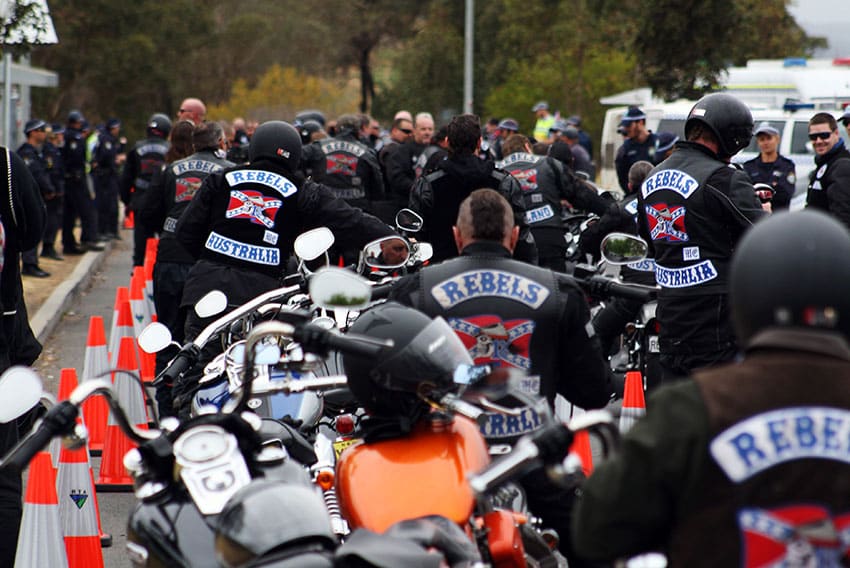
Survivor groups excluded
It is voices like Nina’s which fell on deaf ears in the push to deregulate the industry. Sex industry whistle-blowers were not welcome at the table. Key survivor groups such as PEACE, SPACE International, NorMAC and Wahine Toa Rising were not consulted.
While they had years of harsh lived experiences in the industry between them, they held the ‘wrong’ view.
The ‘right’ view – held by sex industry entrepreneurs and their apologists – supported government endorsement of pimping, brothel keeping and sex buying. Pro sex work propaganda won the day.
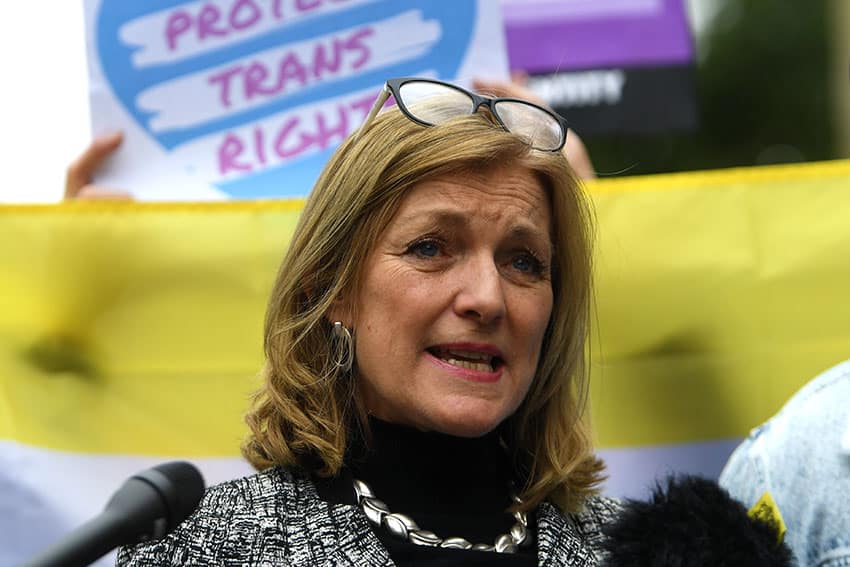
It appears the outcome was a done deal from the start. The government’s Review into Decriminalisation of Sex Work was headed by Fiona Patten, a prominent sex industry lobbyist, former CEO of the Eros Association – the peak body advocating for sex industry interests in Australia – and founder of the Australian Sex Party (now the Reason Party). Patten’s final report – funded by taxpayers- has not been made public.
The lack of transparency, and vested interests weighted in favour of sex industry businesses and owners, undermine the review’s credibility and make a mockery of due process. The review was a sham. It is now acceptable to have an underclass of women available for men’s sexual use and abuse.
The Coalition Against Trafficking in Women Australia (CATWA) says the impact the new deregulated sex industry will have on the community had not been considered. CATWA’s August 19 media statement noted:
- Sex industry businesses can locate in areas the same as any other business such as in commercial and residential zones.
- Sex industry businesses do not need a license and there are no planning permit requirements for home-based brothels.
- Brothels will be able to sell alcohol, which raises concerns around the health and safety of workers now having to deal with intoxicated customers.
- Changes to restrictions on brothel size could lead to ‘mega-brothels’ as seen in Germany.
- Fewer restrictions on sex industry advertising may expose the public to sexually objectifying marketing.
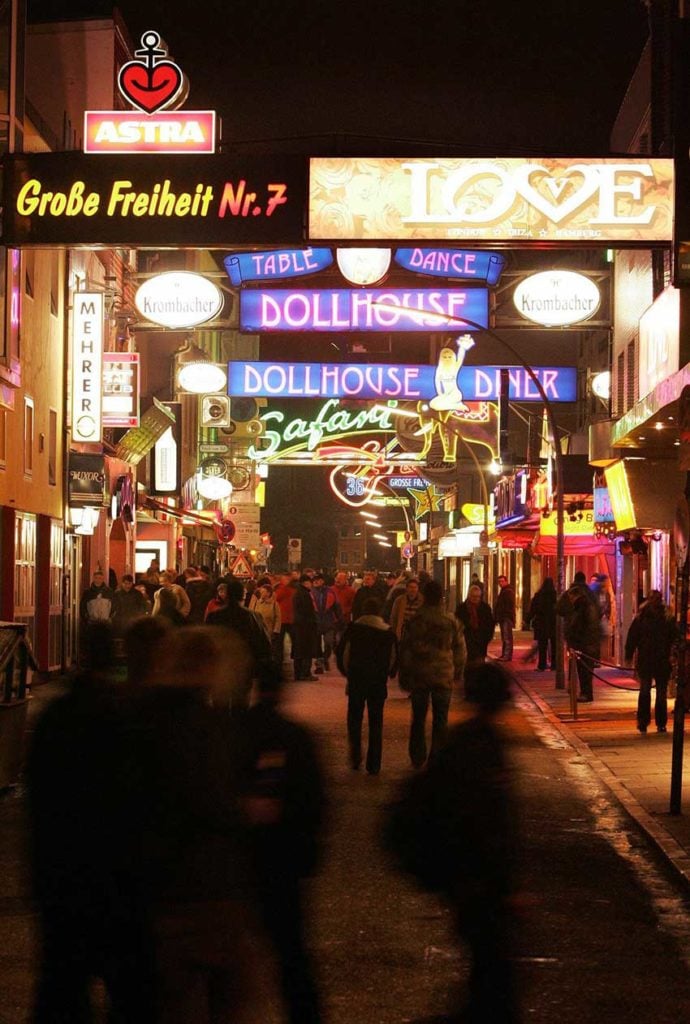
“The stated aims of these drastic changes are to treat sex work as a business like any other, but no other business requires sexual contact,” said CATWA spokesperson Tegan Larin.
“This is a highly distinct and gendered industry with a history of particular and extreme harms including human trafficking, sexual and labour exploitation and the involvement of organised crime – none of which have been properly considered.”
Increase in crime, exploitation, child prostitution, trafficking
Legitimising the sex industry leads to increases in trafficking and worse conditions for women. As Collective Shout’s submission argued, legalising or deregulating the sex trade serves to normalise the purchasing of sexual services. As a result, many more men are emboldened to do so.
Legitimising the sex industry leads to weakened social sanctions against prostitution, an increase in demand for sexual services, industry expansion, an increase in street prostitution, child prostitution, the involvement of organised crime and sex trafficking.
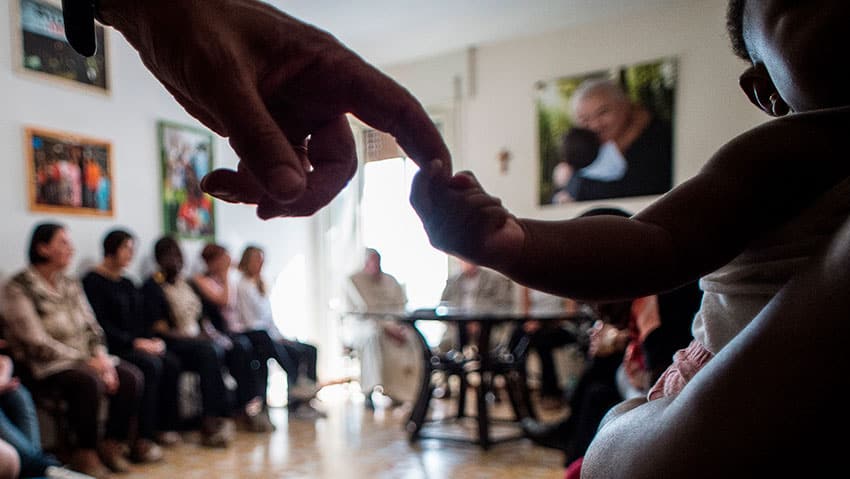
As the demand for women and girls increases, a greater number of them must be imported to meet this demand, which leads to a significant rise in sex trafficking. This is why we have seen the ‘Asianisation’ of the trade in Australia.
Sex trade survivors who had worked both prior to and after decriminalisation was implemented in New Zealand describe worse conditions for prostituted women who had less power to negotiate after decriminalisation and none of the rights of an employee.
In 2012 in New Zealand, then Prime Minister John Keys said prostitution law reform had not achieved its stated objectives of achieving a reduction of street prostitution and child prostitution. Australia’s own 2015 NSW brothel inquiry found drug use, abuse, organised crime and sex trafficking remained substantial problems under decriminalisation. There had also been no improvement to women’s safety.
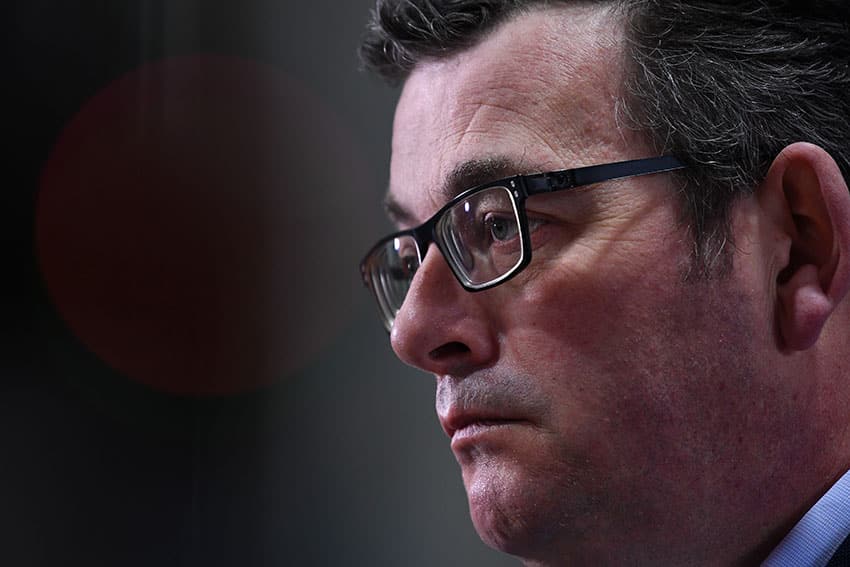
Prostitution is profoundly gendered. It is a zone of exploitation on the basis of sex. The vast majority of those who are bought are women and girls.
The global experiences of women show that even where the sex industry enjoys the legalisation and protection of the government: the violence, degradation, abuse, and trauma are common experiences.
Any form of prostitution undermines all women’s safety and dignity by entrenching the commodification of women and by sending a message to men and boys that they have a right to be sexually serviced anytime.
Nordic Model, Exit programs
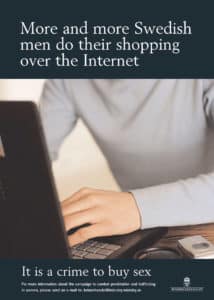
We stand with sex trade survivors in calling for the Nordic/Equality model of prostitution legislation, which recognises prostitution and trafficking as a form of male violence against vulnerable women and children, and decriminalises women in the sex trade but criminalises their exploiters. Unfortunately this model did not fit in the Victorian review’s agenda.
The urgent need for exit programs were also not mentioned. There is no pledged government support for women wanting to leave the industry.
Jade, described her failed attempts to leave the industry. In Prostitution Narratives: Stories of Survival in the Sex Trade (edited by myself and Caroline Norma, Spinifex Press), she writes:
“After five years I wanted out of the sex industry. Twice I tried to go to school …. I wanted to be a youth worker. But I couldn’t study due to drugs and sex work. None of the sex worker advocacy agencies ever offered a contingency to get me out of the sex industry. They supplied lawyers, health checks, lube, condoms and dams but nothing to help me get out.”
Other women in the industry have told me similar stories.
The Nordic model offers high quality services for those in prostitution: non-judgemental housing, legal advice, addiction services, long-term emotional and psychological support, education and training, childcare, and addresses all factors that drive people into prostitution.
Norway, Northern Ireland, Canada, Ireland, South Korea, Israel, Iceland, the American state of Hawaii, and France have introduced versions of the Nordic Model.
CATWA, Collective Shout, survivor groups and others are now calling for a proper review, which examines the exploitative nature of this industry and the needs of victims, including the Nordic Model and exit programs.
Related
